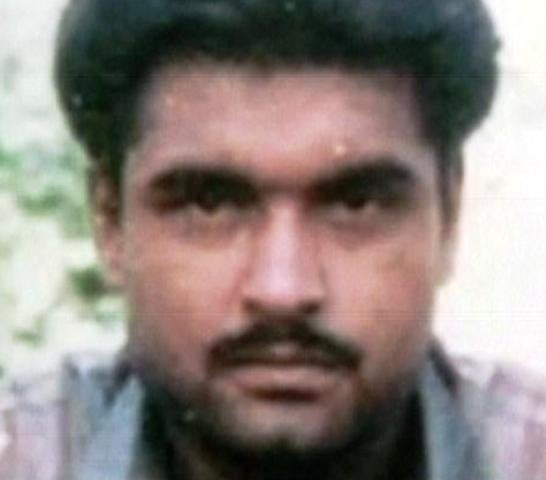Indian on death-row: Citing trial flaws, Sarabjit pleads for release
Lawyer says his client is a victim of mistaken identity.

The attorney for Indian death row prisoner Sarabjit Singh has pleaded for commutation of his client’s sentence citing trial flaws.
Late last month Pakistan freed an Indian spook, Surjeet Singh, after he completed his jail term. He was condemned to death for espionage in the 1980s – but his sentence was commuted to life imprisonment by then-president Ghulam Ishaq Khan in the 1989.
“Sarabjit’s trial was full of flaws. And still he wasn’t given benefit of the doubt,” Awais Sheikh told a news conference on Friday.
Sarabjit Singh was condemned to death for carrying out a string of bombings in Lahore and Faisalabad in 1990. He, however, claims to be a victim of mistaken identity.
His attorney claimed that Pakistan’s spy agencies mistook Sarabjit Singh for Manjit Singh whom he identified as the real perpetrator of the string bombings.
According to him, the Lahore High Court dismissed Sarabjit’s petition against his death sentence saying that “his confessional statement sufficed and that name made no difference”.
Sheikh, however, claimed that his client had not made a confession before any court of law or any investigation agency. “My client was made to make a confessional statement on the state television – which has no legal value.”
In his statement, Sarabjit denied he was trained by Research & Analysis Wing (RAW), the Indian spy agency, in bomb-making and sent to Pakistan to carry out attacks, Sheikh said. Sarabjit also denied he had a Pakistani national identity card which identified him as Khushi Muhammad, s/o Allah Bakhsh. He alleged that a prosecution witness, who was a major in Pakistan Army, had forged that card.
Sarabjit admitted that he had illegally crossed into Pakistan on August 29, 1990 – but it was to smuggle a consignment of liquor, not to carry out terrorist attacks.
His attorney also alleged discrimination at the Supreme Court. While deciding a review petition against his client’s death sentence, the court issued him two notices. But when his counsel did not turn up, the court threw out the petition and confirmed the death sentence. Petitions from Pakistanis against their death sentences are not decided as ex-parte, Sheikh said.
He called upon rights campaigners and nongovernmental organisations on both sides of the border to come forward and press their respective governments to release hundreds of Pakistani and Indian prisoners languishing in their jails.
Sheikh also appealed to President Asif Ali Zardari to release Sarabjit Singh on August 14 (Independence Day) as a goodwill gesture.
Published in The Express Tribune, July 7th, 2012.


















COMMENTS
Comments are moderated and generally will be posted if they are on-topic and not abusive.
For more information, please see our Comments FAQ